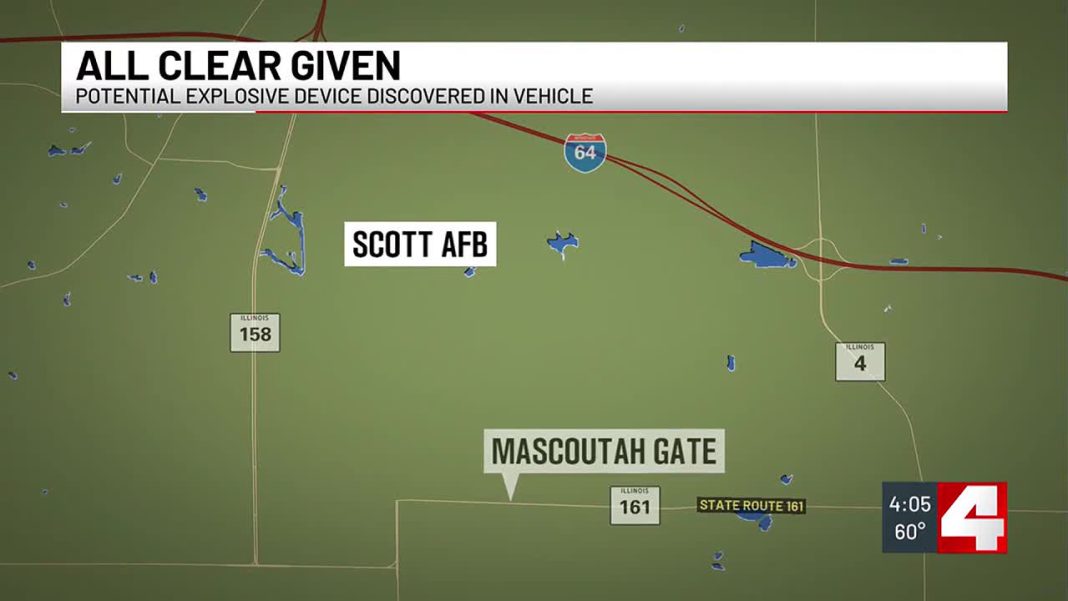 Australia’s Economic Prosperity at Risk Due to Energy Policy Back-and-Forth
Australia’s Economic Prosperity at Risk Due to Energy Policy Back-and-Forth
Introduction:
Australia’s economic prosperity is being severely impacted by the constant back-and-forth on energy policy by federal and state governments. Leading energy and resources analyst Saul Kavonic warns that if Australia does not have a serious discussion on diversifying its power grid and reevaluate its rapid journey towards net zero, the country could face a major mishap with its electricity supply. This could result in mass blackouts and job losses.
The Debate on Natural Resources and Net Zero Emissions:
Opposition Liberal-National Coalition politicians argue that not utilizing natural resources such as coal, gas, oil, and uranium could lead to a stifling of market competition and job losses, driving up inflation and the cost of living. On the other hand, Labor lawmakers believe that the world is facing an environmental crisis, which is why they remain committed to their plan of achieving net-zero greenhouse emissions by 2050.
Australia’s Rapid Transition to Renewable Energy:
Australia is currently undergoing the biggest-ever rewiring of its energy grid, with $20 billion allocated under the Rewiring the Nation program. The goal is to achieve a 43% emissions reduction by 2030. However, Saul Kavonic argues that Australia is moving too fast towards relying solely on wind towers and solar panels, which could lead to a mismatch between energy demand and supply.
The Risk of Energy Supply Shortages:
Kavonic expresses concern that the rapid movement away from traditional fossil fuels towards renewables could soon outstrip energy supply. He warns that this could result in severe energy security events, which would have real economic consequences, including job losses and livelihood disruptions. He emphasizes that the country’s energy system should be guided by engineers rather than politicians.
Government’s Confidence in Net Zero Rollout:
The Albanese government remains confident in its renewable rollout plan. They argue that many of Australia’s legacy energy assets, such as coal-fired power stations, are increasingly unreliable and scheduled to close in the coming years. Minister for Climate Change Chris Bowen asserts that renewables are the lowest cost and lowest emission replacement for these assets. He highlights the progress already made in transforming Australia’s energy system, with renewables reaching 72% penetration in 2023.
The Coalition’s Nuclear Policy:
Federal Opposition Leader Peter Dutton has proposed building seven nuclear sites across five states if elected. However, the Commonwealth Scientific and Industrial Research Organisation estimates that the first large-scale nuclear plant could cost up to $17 billion and would not be operational until at least 2040. Despite this, Kavonic believes nuclear power should be included in discussions about Australia’s future energy mix.
The Need for Immediate Action:
Kavonic argues that plans to build nuclear plants should not be dismissed due to concerns about future timelines. He urges commitment to planning processes now, stating that this would be better for Australia’s economic future than the current back-and-forth on energy policies. He acknowledges that nuclear would take longer to kickstart due to the nuclear ban but emphasizes that Australia will need a mix of energy technologies to meet projected demands.
Australia’s Delayed Adoption of Nuclear Energy:
The Climate Council points out that Australia is far behind in adopting nuclear energy as a mass energy source. The country has never built a nuclear power station, and laws and regulations would need to be established, funding secured, and a skilled workforce trained before it becomes a reality. In contrast, major wind and solar projects can be built within one to three years.
Conclusion:
Australia’s economic prosperity is at risk due to the constant back-and-forth on energy policy. The rapid transition to renewable energy, while necessary for addressing environmental concerns, poses challenges in terms of energy supply and demand. The debate between utilizing natural resources and achieving net-zero emissions continues. The inclusion of nuclear power in discussions about Australia’s energy mix is crucial, but immediate action and commitment to planning processes are necessary for a secure and sustainable energy future.


